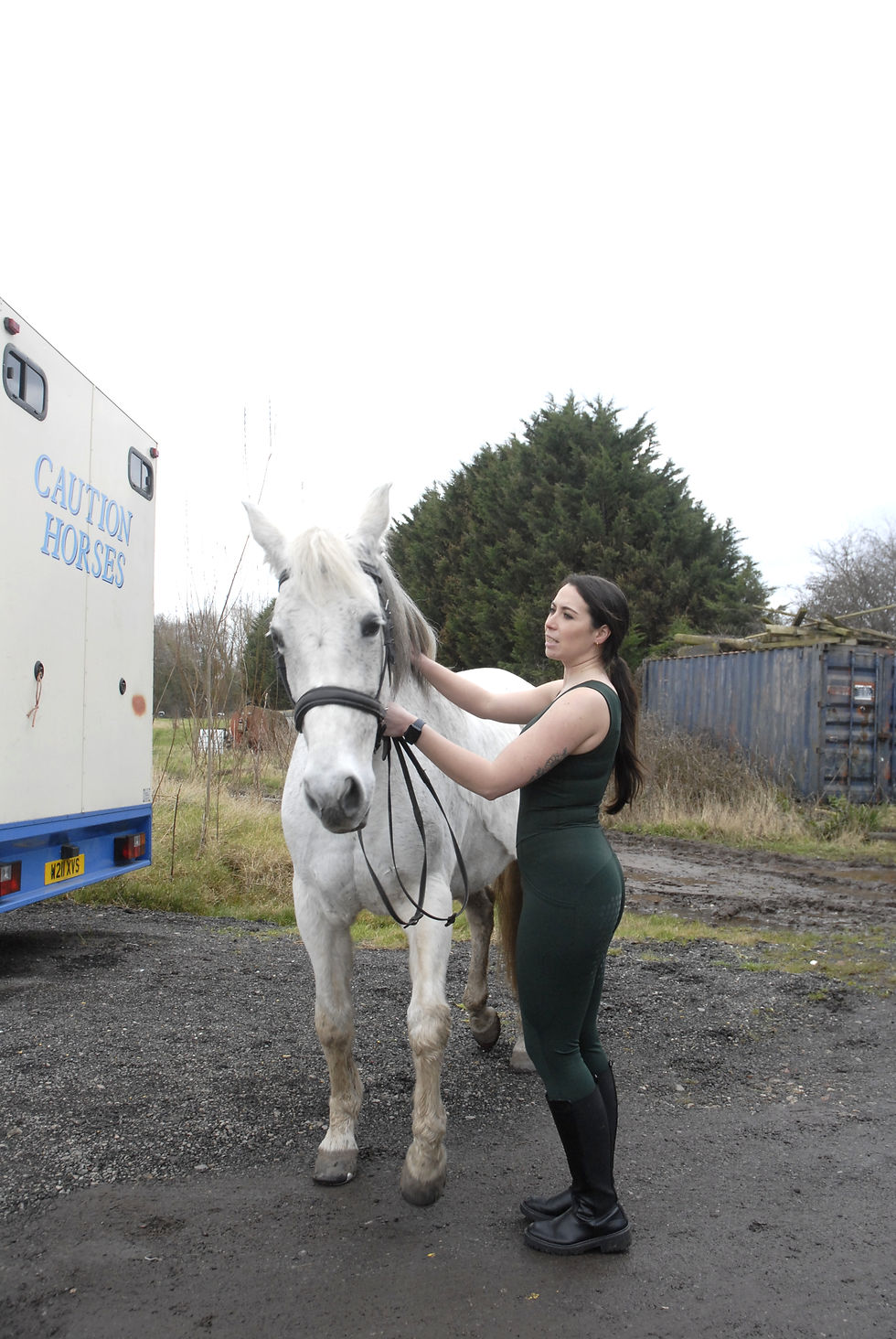Edinburgh Fringe: PR bloodbath or free-for-all?
- Katy Davies
- Aug 29, 2017
- 3 min read

Having just returned from the Edinburgh Fringe supporting talented up-and-coming comedian Helen Duff, I had the chance to fully immerse myself in the 'comedian trade show' whereby artists are pitched against each other to compete for column inches over the space of a month.
Helen had a fantastic run. Not only did she pull together an entire show 'When the going gets Duff' after getting herself into the Amused Moose New Comic Final which took place in the Scottish capital, she secured three fantastic five and four star reviews from Entertainment Focus, The Skinny and Ed Fest Magazine.
Embedding myself within the arts media and working closely with many acts (I also run a quarterly variety night in London called Bedtime Stories which I took to the fringe for a one night special) it's clear that there seems to be a gap particularly between brilliant emerging artists and the age old dye-in-the-wool review/stars methods of validation. Do we need a new solution?
For a festival that prides itself on championing art in all its forms with a specially introduced 'mental health' award this year, I began to ask myself how, as a PR practitioner, I could support and shield creative artists from what can at times be a cut and thrust 'buy buy sell sell' marketing expo. The worst thing is when it has the capacity to pitch acts against each other.
Journalists are matter of fact and subjective. During my daily media scanning, liaison and networking, I heard and witnessed concerning attitudes from 'short-staffed' journos towards reviewing work, with excuses such as 'it wasn't for me, so I didn't want to write it up' or a tweet from a national comedy journalist of 15 years stating 'why would I want to review an act I didn't like, hadn't heard of, or am unlikely to pay to see again.'
It just beggars belief. This particular journalist may have got away with this sort of apathy for 15 years, but in a fast paced 24 hour media landscape this just doesn't cut the mustard. If you don't like something, write about it, explain why. Why didn't you think you got your money's worth (from the most likely free press ticket?) Journalists owe it to acts to at least justify their views in the first place instead of censoring new artistic voices. How else can the artist learn, or choose to ignore their comments, and gain some brand awareness and audience recognition in the process? The journalist is the gate-keeper, but crucially, must provide an account upon which the reader can form their own opinion.
My advice to new and emerging acts is not to be put off by negative reviews. But, before you pack up and head off to Edinburgh 2018, think now how you can promote yourself over a 12 month period. This is because the first thing national journalists do before booking to review an act is google them. Who has written about you before? Building up buzz through smaller entertainment titles and social media will do more to grab their attention, leaving them no excuse to say they haven't heard of you - even if it is their job to give artists a voice. What was really lovely to see was how artists worked collaboaritvely to support each other every single day - a friendly tweet about each others' shows really does go a long way.
To enquire about support for Edinburgh 2018, please get in touch. Katydaviespr [at] gmail.com.


Comments